When people lose teeth or have chronic gum disease, bone loss is a typical result. Dentists often recommend that people replace their missing teeth with dental implants. However, before replacing missing teeth, dentists usually discuss dental implant bone loss repair and how it will affect the life of their patient.
Causes of Bone Loss
When people need dental implants due to bone loss, the bone that needs repairs is called the alveolar bone. This bone holds the teeth in place. But due to several health issues, the alveolar ridges can weaken horizontally and vertically.
Bone stays healthy when it is used. So, the alveolar bone, or jaw bone, remains healthy through good oral hygiene and regular exercise. When teeth fall out, or gum tissue deteriorates, bone loss happens. Bone loss can affect the way people look by prematurely ageing them.
Dentures and Tooth Removal
Full or partial dentures can increase bone loss. When people chew with their dentures, the jaw bone moves, but it does not use the same pressure to eat as it does with natural teeth in place. Removing teeth, especially the upper molars, can also increase bone loss as the added space lets the sinus cavity grow from added air-pressure space.
Dentures are a leading cause of bone loss. Along with reducing pressure on the jaw bone, they force the jaw to begin the resorption process. The limited pressure that dentures put on the jaw bone eventually reduces the size of the jaw. Often, the jaw bone collapses due to the resorption, and this becomes evident as it reduces the size of the lower third of the face.
Infections and Tumors
Bone loss is a common problem with people who have had infections in their jaws or gums. Infections will not immediately damage the bone, but can slowly destroy it over time. Tumours on the face or in the mouth often result in the removal of some of the jaw.
Misaligned Teeth
The health of jawbones relies on regular chewing. So, when the teeth are misaligned, areas of the bone that do not receive stimulation through chewing can begin to degrade. Fortunately, orthodontics can help realign teeth and stop bone loss from occurring.
How Dental Implants Can Prevent Bone Loss
Rather than suffer through bone loss, dentists can help prevent and repair it with dental implants. If bone loss and tooth decay are caught early, dentists can use implants to replace a problematic tooth immediately. With an implant, the alveolar bone functions in the same way as it does with natural teeth. If more than one tooth has to be removed, dentists can place a fixed implant-supported bridge.
Implants are inserted into the jawbone via a titanium screw, which allows the jaw to function at almost the same level as it would with natural teeth. If bone loss has already occurred, your dentist might recommend a bone graft to replace what was lost. The bone graft can also stimulate the jaw to begin replacing bone naturally.
Sources and References
-
[1]
Basis of bone metabolism around dental implants during osseointegration and peri-implant bone lossJournal of Biomedical Materials Research Part Ahttps://pubmed.ncbi.nlm.nih.gov/28281321/
-
[2]
Bone loss-related factors in tissue and bone level dental implants: a systematic review of clinical trialsJournal of the Korean Association of Oral and Maxillofacial Surgeonshttps://pmc.ncbi.nlm.nih.gov/articles/PMC8249186/
-
[3]
To what extent residual alveolar ridge can be preserved by implant? A systematic reviewInternational Journal of Implant Dentistryhttps://journalimplantdent.springeropen.com/articles/10.1186/s40729-016-0057-z
-
[4]
Treatment Outcome of Using Guided Bone Regeneration for Bone Augmentation for the Placement of Dental Implants – A Systematic ReviewJournal of Pharmacy & Bioallied Scienceshttps://pmc.ncbi.nlm.nih.gov/articles/PMC11805224/
All sources accessed and verified on . Medical information reviewed for accuracy and compliance with current guidelines.
Related Articles

Alternatives to Dental Implants
Comprehensive guide to dental implant alternatives including fixed bridges, resin-bonded bridges, partial dentures, and complete dentures with cost comparisons

Are Dental Implants Covered by Insurance?
Comprehensive guide to dental implant insurance coverage, what plans typically cover, alternative payment options, and important information about the dental implant procedure
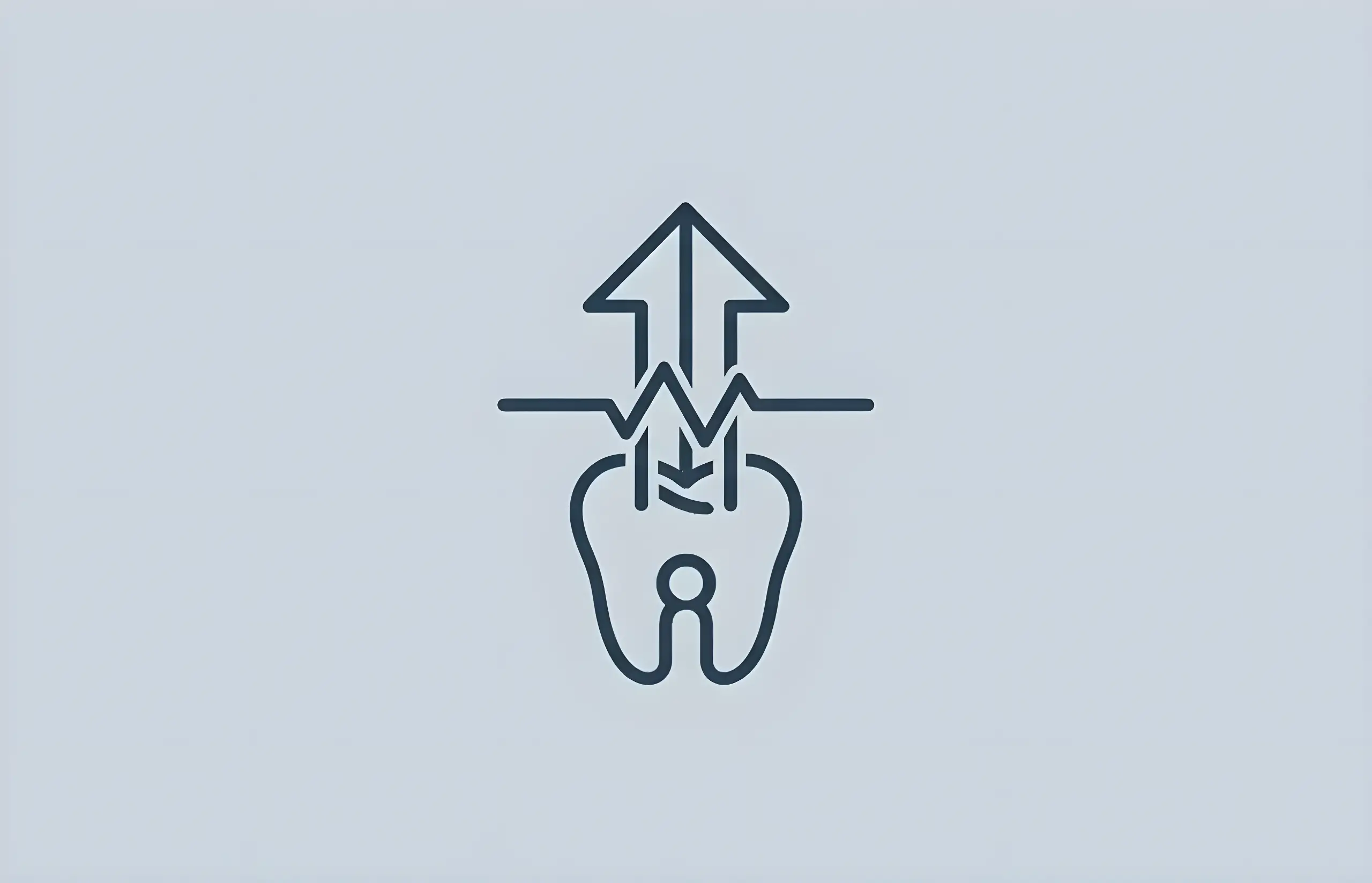
Are Dental Implants Painful?
Comprehensive guide to dental implant pain, including what to expect during surgery, post-operative recovery, pain management, and healing timeline
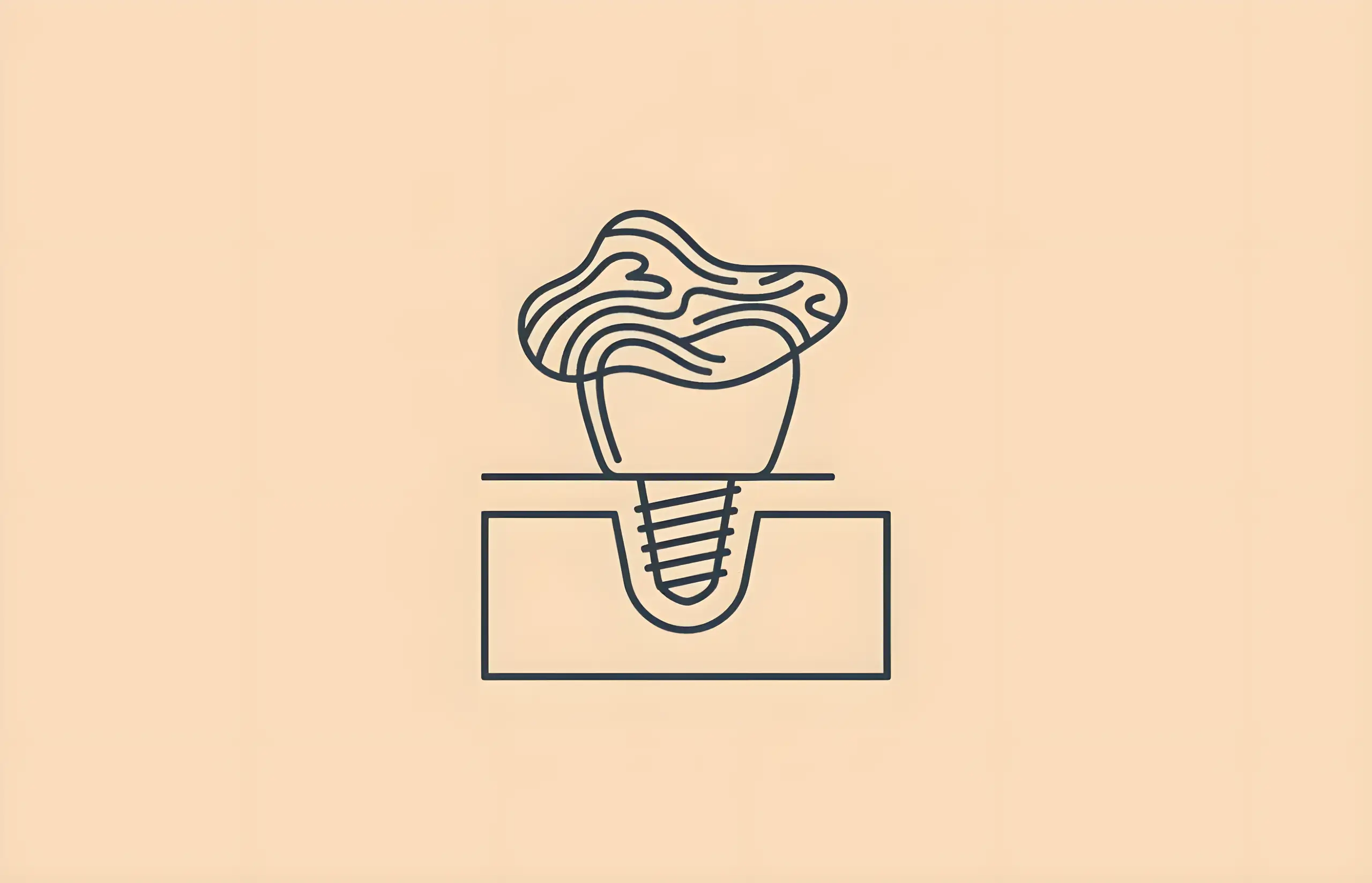
What Is The Best Bone Graft Material For Dental Implants?
Understanding autografts, allografts, and xenografts for dental implant bone grafting including success rates, benefits, and which material is right for you
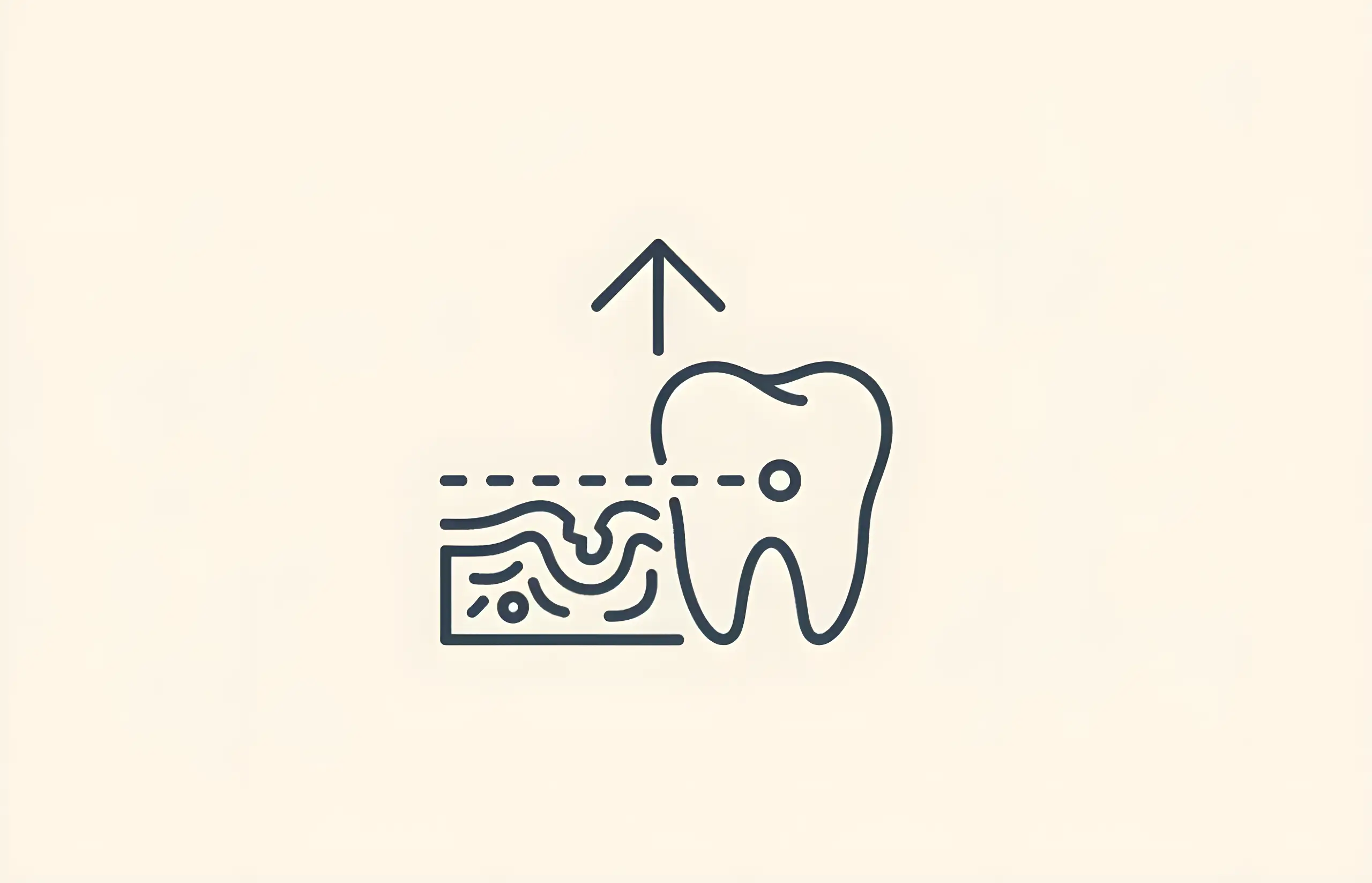
Can You Have Dental Implants With Gum Disease?
Complete guide to dental implants and gum disease including symptoms of periodontitis, success rates with treated gum disease, and treatment requirements before implant surgery

Are There Cheaper Alternative To Dental Implants?
Exploring affordable alternatives to dental implants including bridges, dentures, and All-on-4, with detailed information about costs, benefits, and drawbacks of each option

What Is The Cheapest Country For All On 4 Dental Implants?
Learn about affordable All-on-4 dental implants abroad including popular destinations like Mexico, Hungary, Poland, and Turkey, with success rates, safety considerations, and cost comparisons

How Much Does A Dental Implant Bone Graft Procedure Cost in the UK?
Complete guide to bone graft costs (£295-£2,400 per site), procedure details, reasons for bone grafts, and benefits of bone grafting for dental implants

What Causes Dental Implant Pain Years Later?
Comprehensive guide to late dental implant complications including peri-implantitis, osseointegration failure, nerve damage, and bone loss, with prevention strategies and treatment timelines
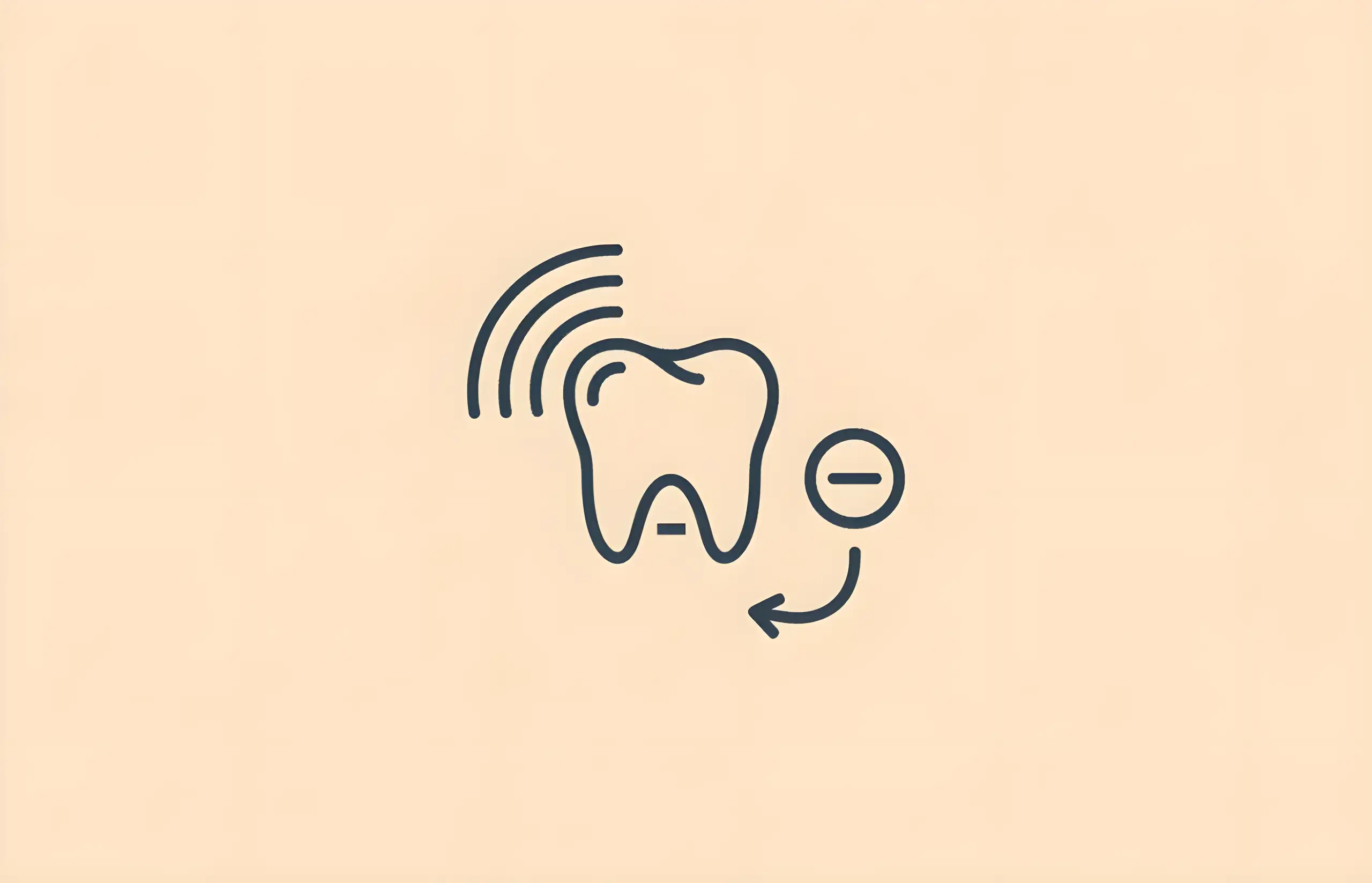
Everything You Need to Know about Dental Implants and MRI Safety
Comprehensive guide to MRI safety with dental implants including titanium compatibility, heating effects, displacement risks, artifact formation, ferromagnetic vs paramagnetic materials, and safety guidelines

What is a Normal Dental Implant Removal Recovery Time?
Comprehensive guide to dental implant removal procedures, recovery timeline (1-5 days), failure causes, removal techniques, and immediate reimplantation options with 96.7% success rate at 1 year

Dental Implants: Problems and Side Effects
Comprehensive guide to dental implant complications, risk factors (smoking, diabetes, gum disease), common side effects, peri-implantitis, infection rates, prevention strategies, and alternative treatments

Dental Implant Costs In The UK – Single Tooth and Full Mouth
Complete guide to dental implant costs, financing options, success rates, and what to expect from single tooth to full mouth implant treatments in the UK

Can You Get Dental Implants Under General Anaesthetic?
Comprehensive guide to anaesthesia options for dental implant surgery, including general anaesthesia, conscious sedation, and local anaesthetic choices
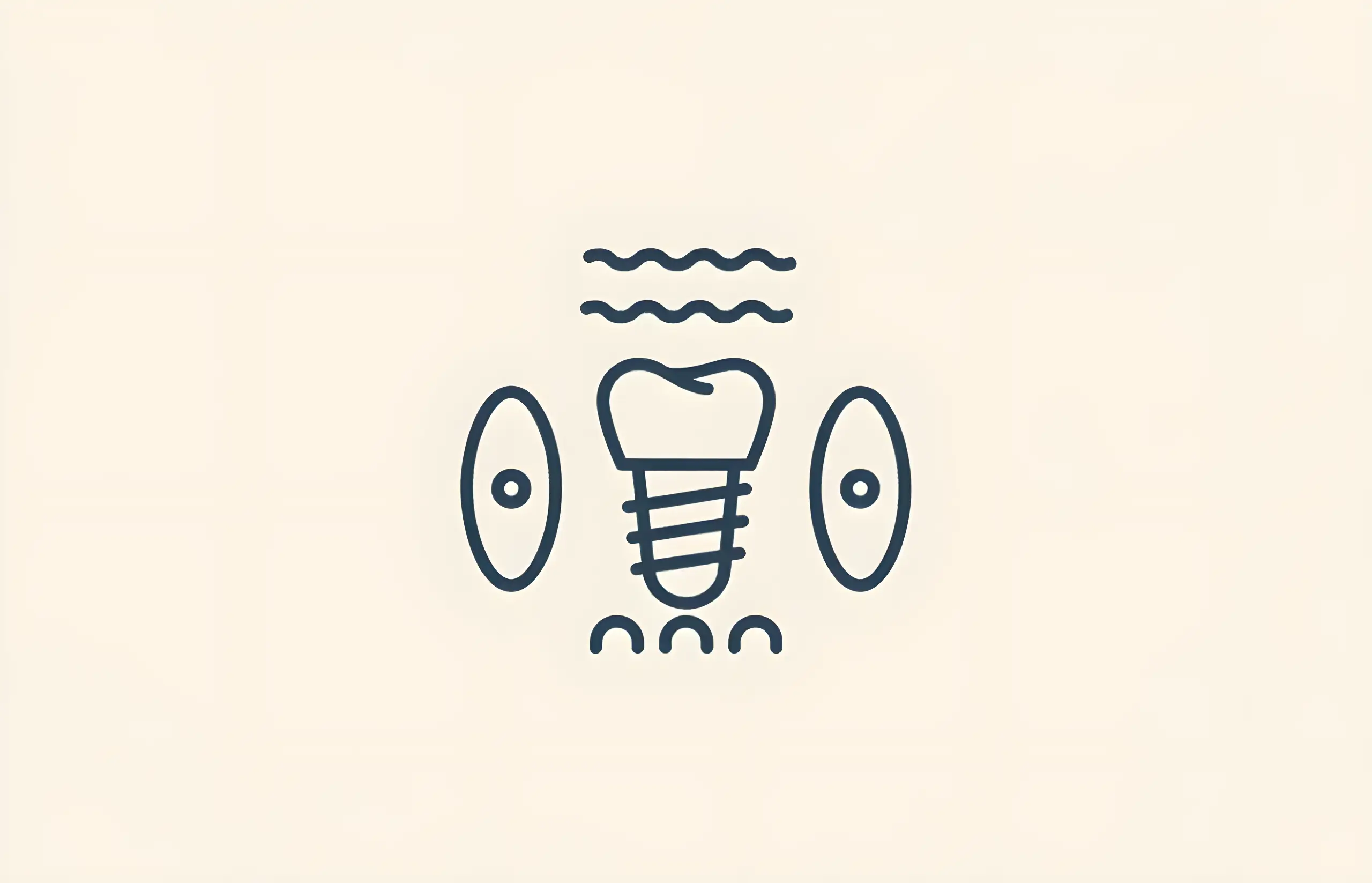
How Long Do Dental Implants Last?
Longevity and Survival Rates (96.8% at 10 Years, 94.0% at 15 Years, 78% at 20 Years)

What If You Do Not Have Enough Bone For A Dental Implant?
Comprehensive guide to bone augmentation procedures including ridge expansion, bone grafts, sinus lifts, and distraction osteogenesis for successful dental implant placement when jawbone is insufficient

The Pros and Cons of Dental Implants
A balanced overview of the advantages and disadvantages of dental implants compared to other tooth replacement options
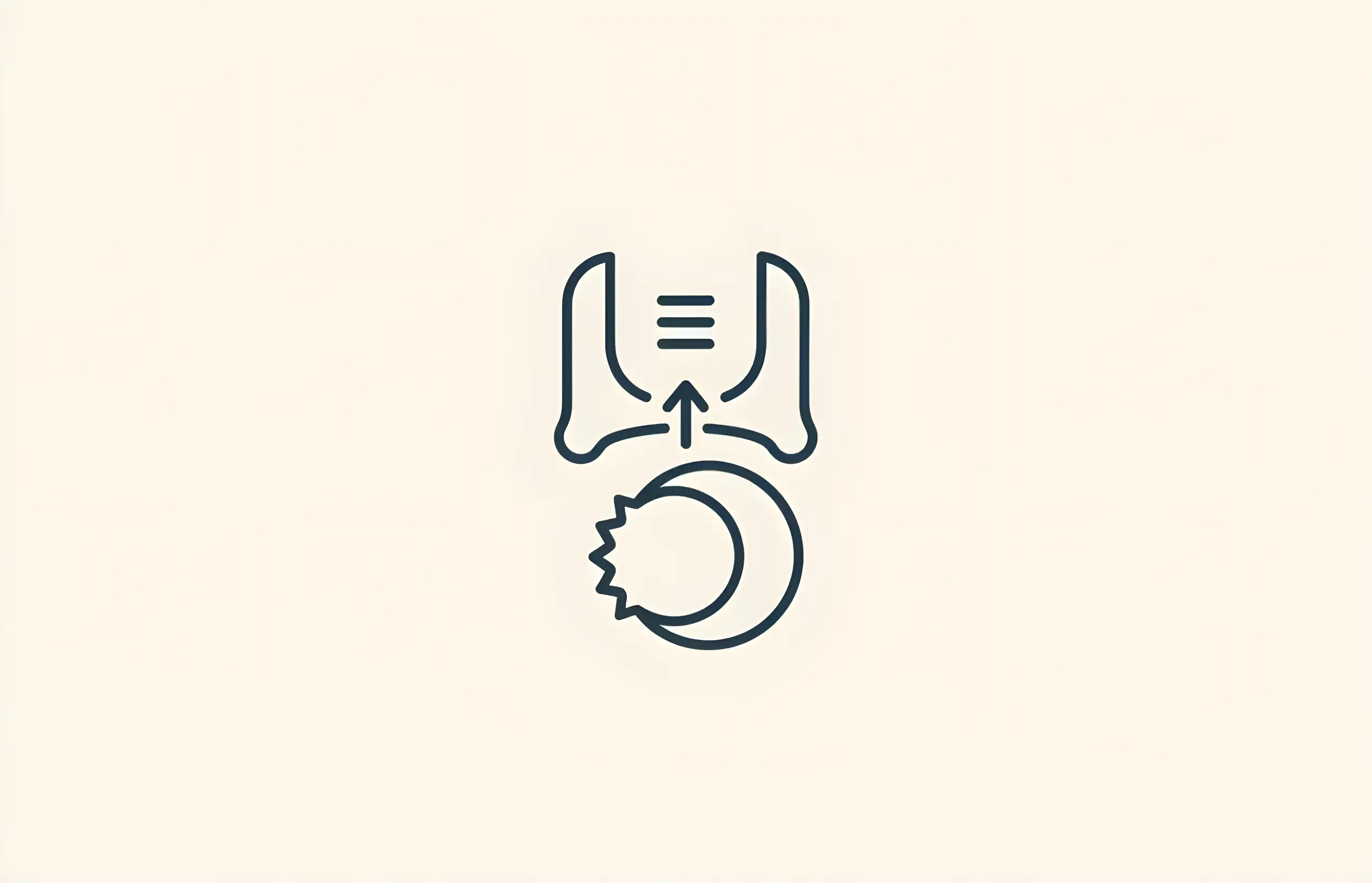
Causes Of Swelling After A Dental Implant Bone Graft
Comprehensive guide to post-operative swelling after bone graft surgery, timeline, risk factors, management strategies, and when to seek medical attention
About The Dental Guide
The Dental Guide is a trusted online resource providing evidence-based information about dental health, treatments, and procedures. Our content is created and reviewed by qualified dental professionals to help you make informed decisions about your oral health.
Our Mission
- Evidence-based dental information
- Expert-reviewed content
- Clear, accessible explanations
- Latest treatment options
- Patient-focused guidance
Editorial Standards
- GDC-registered dental professionals
- Peer-reviewed sources
- Regular content updates
- Medical accuracy verification
- Transparent authorship
Important Notice
The information on The Dental Guide is for educational purposes only and should not replace professional dental advice. Always consult with a qualified dentist for diagnosis and treatment recommendations tailored to your individual needs and circumstances.
Medically Reviewed
Reviewed by Dr. Nasim Mechoui , BDS (Bristol)
Share this article
Comments & Discussion
Have questions about dental implants? Share your thoughts or experiences.
